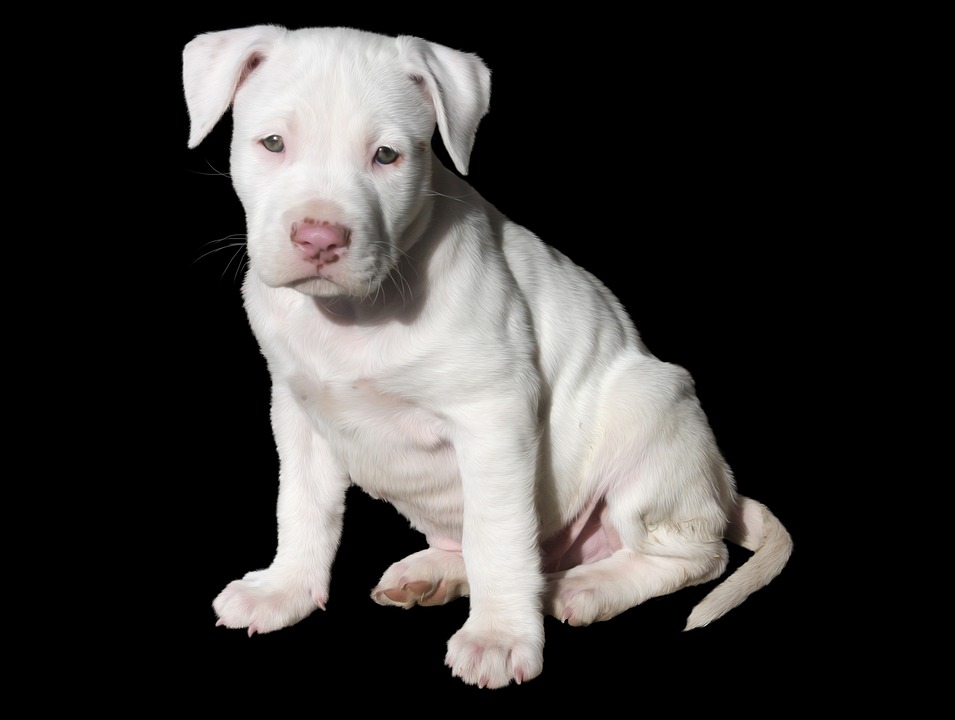Header: How to Handle and Care for a Senior Dog: A Comprehensive Guide
Sub-heading: Introduction
As our furry companions grow older, they require a little extra love, care, and attention. Just like humans, senior dogs experience changes in their physical and mental health, which makes it crucial for pet owners to adapt their care routine accordingly. In this article, we will delve into the essential aspects of handling and caring for a senior dog, covering everything from diet and exercise to grooming and mental stimulation.
Sub-heading: Understanding the Needs of a Senior Dog
As dogs age, their bodies undergo various changes, resulting in specific needs. It is essential to recognize and address these needs to ensure your senior dog’s overall well-being. Here are some key aspects to consider:
1. Health Assessments and Regular Vet Visits: Regular check-ups and health assessments are crucial for early detection of age-related issues. Senior dogs should visit the veterinarian at least twice a year for thorough examinations, vaccinations, and preventive care.
2. Nutrition and Diet: Senior dogs often require a specialized diet to manage weight, maintain muscle mass, and support joint health. Consult your veterinarian to determine the best senior dog food options and appropriate portion sizes.
3. Exercise and Physical Activity: While senior dogs may not have the same energy levels as their younger counterparts, regular exercise is still important to maintain muscle tone, mobility, and mental stimulation. Modify exercise routines to suit your dog’s abilities, focusing on low-impact activities such as short walks or swimming.
4. Grooming and Hygiene: Older dogs may experience changes in their coat, skin, and dental health. Regular grooming, including brushing, bathing, and dental care, is necessary to keep them comfortable and prevent potential health issues.
5. Pain Management and Comfort: Aging can bring about joint pain and discomfort. Consider providing your senior dog with orthopedic bedding, ramps or stairs to access elevated places, and joint supplements as recommended by your vet.
Sub-heading: Mental Stimulation and Emotional Support
In addition to physical care, senior dogs require mental stimulation and emotional support to maintain a good quality of life. Here are some effective ways to provide mental enrichment:
1. Interactive Toys and Puzzles: Engage your senior dog’s mind with interactive toys and puzzles designed to challenge their problem-solving skills and keep them mentally sharp.
2. Training and Tricks: Continue to work on basic commands and teach your senior dog new tricks. Training sessions not only provide mental stimulation but also strengthen the bond between you and your furry friend.
3. Socialization and Interaction: Regular socialization with other dogs, animals, and humans can help prevent cognitive decline and ensure your senior dog remains socially active and happy.
4. Love and Attention: Give your older dog plenty of love, attention, and one-on-one time. Spending quality time together can alleviate anxiety and depression, providing a sense of security to your furry companion.
Sub-heading: Frequently Asked Questions (FAQs)
Q1: How can I tell if my dog is considered a senior?
A1: Dogs are generally considered seniors when they reach around seven years of age, although this may vary depending on breed and size. However, individual dogs may age differently, so it’s important to monitor their behavior and consult with a veterinarian to determine their specific needs.
Q2: Can I continue to exercise my senior dog as vigorously as before?
A2: While it’s important to keep your senior dog active, it’s crucial to modify their exercise routine to accommodate their changing abilities. Low-impact activities like short walks, gentle play sessions, or swimming are generally recommended. Consult your vet to determine the appropriate exercise plan for your senior dog.
Q3: Are there any dietary restrictions for senior dogs?
A3: Senior dogs often require a specialized diet to address age-related issues such as arthritis, obesity, or dental problems. Consult with your veterinarian to determine the best senior dog food and portion sizes for your furry friend.
Q4: How can I help my senior dog with anxiety or cognitive decline?
A4: There are various strategies to help alleviate anxiety and cognitive decline in senior dogs. Providing mental stimulation, maintaining a routine, and using calming aids like pheromone diffusers or anxiety wraps can be beneficial. Consult your veterinarian for additional advice and potential medication options.
Q5: How often should I groom my senior dog?
A5: The frequency of grooming for senior dogs depends on their coat type and specific needs. Regular brushing is recommended to prevent matting and promote healthy skin and coat. Additionally, dental care, nail trims, and ear cleaning should be part of their grooming routine. Consult with a professional groomer or your veterinarian for personalized recommendations.
Remember, every senior dog is unique, and their care requirements may vary. It is crucial to consult with your veterinarian to develop a tailored care plan that suits your furry friend’s specific needs. By providing proper care, love, and attention, you can ensure your senior dog enjoys a happy and comfortable life in their golden years.









